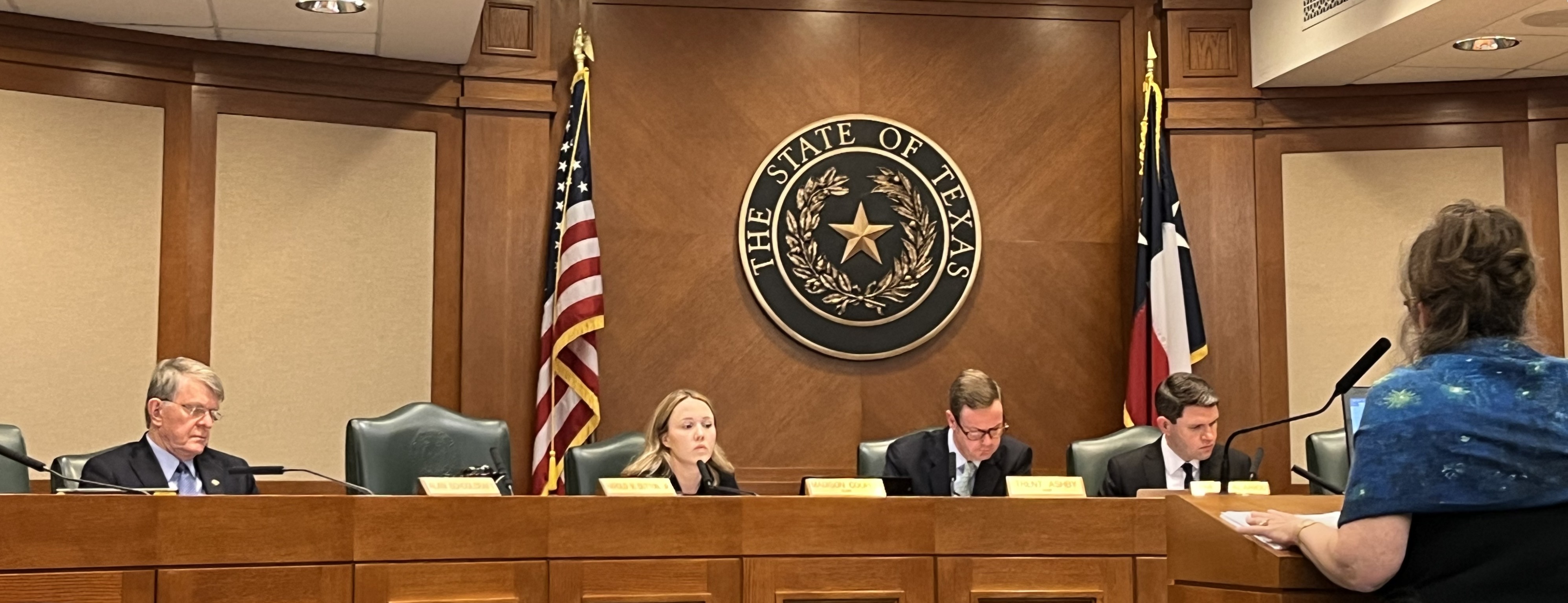Will Texas join states reconsidering evaluation in light of relaxed federal requirements?

Date Posted: 2/22/2016
Several state legislatures are taking steps to change their teacher evaluation systems in light of new flexibility available to them under federal law. The issue of how to evaluate or appraise teachers has been a topic of great interest for Texas lawmakers in every recent legislative session. Now that the Texas Education Agency is in the middle of developing and piloting a new state-recommended evaluation model, many are watching to see how a newly-appointed commissioner of education will react and how the current primary election could alter the composition of the 85th Texas legislature that will have power to intervene. With the passage of the Every Student Succeeds Act (ESSA) in December came a reduced emphasis on student growth measures tied to teacher evaluations. Prior to ESSA becoming law, however, many states were tied to requirements pushed by the U.S. Department of Education (ED) under Secretary Arne Duncan’s waiver process. Those waivers specifically required that states seeking waivers, which included Texas, tie teacher evaluation systems to student standardized test scores. States did so in exchange for flexibility from the onerous and outdated policies of No Child Left Behind (NCLB), the nation’s previous law governing education that was, at the time, long overdue for a rewrite. However, the passage of ESSA made the flexibility from NCLB unnecessary and reduced the pressure for states such as Texas to meet federal expectations of educator evaluation systems. In fact, the new law puts no requirements on states’ teacher evaluation systems. It also allows states to use funding to create educator evaluation systems but does not require that states create such a system. This has allowed several states to rethink the teacher evaluation policies previously enacted because of requirements tied to the waivers and NCLB, which was more specific with regard to creating educator evaluation systems. The Southern Regional Education Board (SREB) is an organization focused on enhancing public education within its 16-member region that includes Texas. According to the SREB, Florida, Georgia, Kentucky, Oklahoma, and Tennessee all have bills moving through their respective legislatures that would significantly alter their educator evaluations systems. The SREB said that while state lawmakers are primarily looking to provide flexibility to districts, more specifically, some of the states are looking to reduce the amount that student test scores weigh in an educators evaluation. The SREB offers a bill tracker that highlights all relevant bills filed in the board’s member states on this and other topics. Georgia, for instance, has a bill filed that would reduce the use of standardized test scores to no more than 10 percent of a teacher’s evaluation. Last month, ATPE encouraged Education Commissioner Mike Morath to consider delaying the adoption of TEA rules that would solidify the state’s new teacher evaluation system, T-TESS. Particularly, ATPE asked Morath to reconsider a requirement that at least 20 percent of each teacher’s appraisal be based on student growth measures, such as value-added modeling (VAM) using student test scores. The state has yet to say how it plans to proceed, although the rules could be adopted any day. As you go to the polls during this primary election, remember that the candidates you elect will have the ability to make big decisions about criteria that should be a part of the new teacher evaluation system for Texas going forward. The future of education will be determined by this election in several ways; this is just one. Visit our 2016 Races search page here on Teach the Vote to find out where your candidates stand on major issues such as evaluating teachers and what role standardized tests should play. When you go to the polls, vote for the candidates who support your classroom, students, and profession.
CONVERSATION
RECOMMENDED FOR YOU

04/03/2025
House Public Education Subcommittee hears bills on bilingual education, civics instruction, antisemitism
The Subcommittee on Academic and Career-Oriented Education met Thursday, April 3, to consider five bills.

04/02/2025
House Public Education Committee postpones vote on school finance, vouchers to Thursday
Educators have additional time to use ATPE’s Advocacy Central to share their thoughts on these critical issues.

04/02/2025
Senate Education K-16 Committee hearing goes late into the night
ATPE weighed in on several bills heard during the committee’s April 1 hearing.

